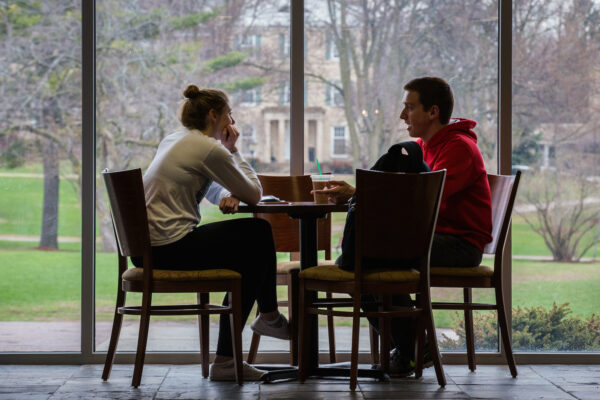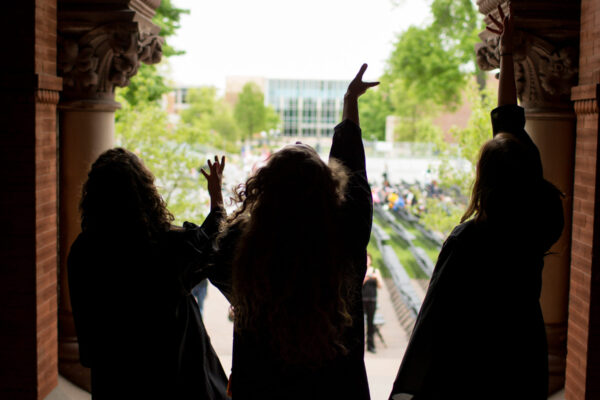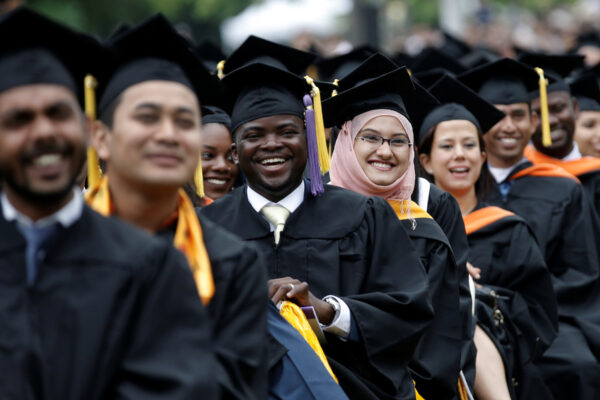“Dork,” “Nerd” and “Geek” are stereotypes that surround the computer science (CS) major at most colleges and universities. An even more prevalent CS stereotype? Male.
Although Harvey Mudd College President Maria Klawe herself embraces the title of “dork,” she is working to change the perception that all computer scientists are men. By creating a more inclusive environment for women, Harvey Mudd has increased its percentage of female CS majors from 10 percent to 40 percent in just a few years.
In 2006, Klawe commissioned her faculty to figure out why women weren’t choosing CS. They decided to make the CS major more approachable for women by following a three-step experiment:
- They made the introductory CS5 class more welcoming to women. A course previously called “Introduction to programming in Java” was rebranded “Creative approaches to problem solving in science and engineering using Python.” Professors divided this class into two groups: Black, for those with some coding experience, and Gold, for those with none. Each group learned independently of the other, which helped those with little experience feel less overwhelmed by more advanced students.
- After first-year women students passed CS5, professors brought them to the annual Grace Hopper Celebration of Women in Computing to expose them to real-world tech role models. As a result, more women voluntarily signed up for another CS class.
- Harvey Mudd offered a summer of research between freshman and sophomore years, enabling students to apply their new skills. Taking the sequence of three CS classes also helped students get great summer jobs, including at Google.
Harvey Mudd says the experiment triggered a domino effect: women loved their introductory CS course, were able to imagine themselves in tech at the Hopper conference, signed up for just “one more course” in CS, then declared the major.
And by 2010, the College had quadrupled the number of women computer science majors.
Maria Klawe will be speaking at ACE2016 on female leadership in academia at the Women’s Leadership Dinner. For more information, click here.
If you have any questions or comments about this blog post, please contact us.


